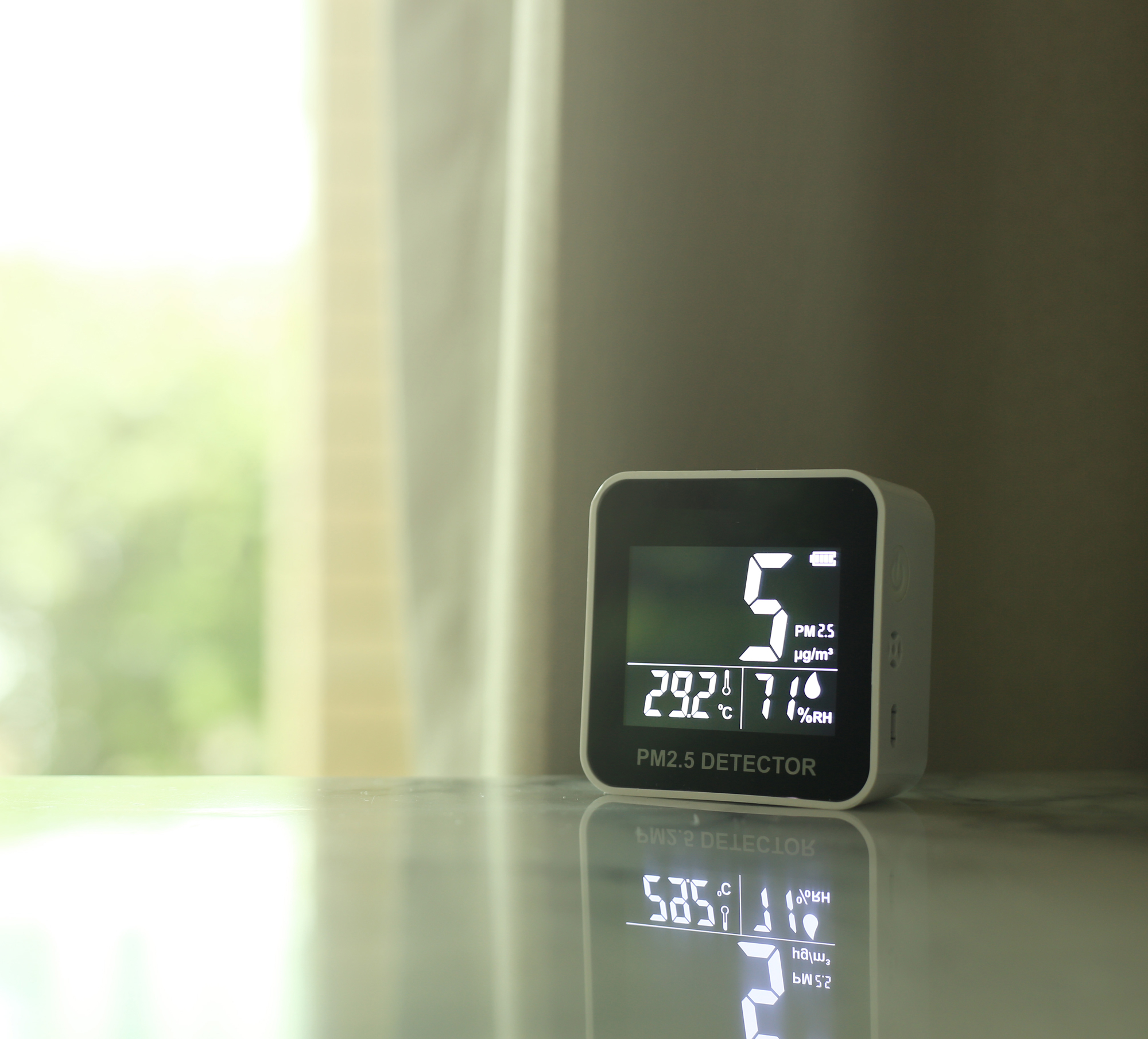A new CEN Workshop is being planned which will complement the activities of the EU’s Horizon Europe project entitled 'Digital Twins Enabled Indoor Air Quality Management for Healthy Living (TwinAIR)'. This project introduces a technological solutions system to improve air quality across a variety of indoor habitats, including residences, transport, hospitals, schools and workplaces.
The air we breath affects our health. Even though we can’t see it, the quality of the air around us can determine how we feel and contributes to our overall wellbeing. Europeans spend up to 90% of their days indoors, which means that the air quality people are exposed to while being indoors, and how it relates to physical and mental health, becomes of utmost importance. It is essential therefore that we are able to create urban environments for ourselves where the chance of inhaling pollutants is minimized, and clean air is available.
The TwinAIR project focuses on a series of pilots spread across 6 countries. The aim is to 'investigate how air pollutants in indoor spaces can adversely affect the health of the people inhabiting them to support public health through community awareness and policy making.' (The Project | TwinAIR) This important work is comprised of studies which contribute to our knowledge of air quality, promote the adoption of new technologies, and provide a useful toolset to improve IAQ and aid disease burden reduction through the introduction of innovative tools for identifying and tracing pollutants and pathogens.
The creation of this CEN Workshop was identified by the project consortium as a very useful way for the translation of its results to policy makers, market and society. This initiative aligns the TwinAIR project with Commission Recommendation (EU) 2023/498 'Code of Practice on standardisation in the European Research Area' and Council Recommendation (EU) 2022/2415 'Guiding principles for knowledge valorisation'.
This Workshop will develop two CEN Workshop Agreements, both closely linked to the TwinAIR project objectives. The first is entitled 'Human-Centric Exposure Modeling (H-CEM) method for estimating exposure to indoor air PM2,5'. This CWA will be applicable to a range of indoor environments and is intended to be especially useful for investigating exposure in sensitive populations, including children, the elderly and those with respiratory illnesses. It will expound a methodology for the reliable application of the H-CEM method which is computational fluid dynamics (CFD)-based and knowledge-driven.
The second planned CWA is entitled 'Protocol for quantification of exposure to Ultrafine Particles as part of Indoor Air Quality analysis'. This document will focus on exposure to ultrafine particles indoors. The intention will be to use it as a guideline for structuring the measurement procedure and the placement of measurement equipment in various (non-laboratory and non-industrial) indoor spaces.
The kick-off meeting for the Workshop is planned to take place remotely via Microsoft Teams on 6th November 2025 from 10:00 am to 12:00 pm (CEST). To join the meeting, please use this link.
All interested parties are invited to submit comments on the draft Project Plan using the commenting form below, to the Workshop Secretary Ana Benedicto (abenedicto@une.org) by 5th November 2025.
Download the documents:




